It will never be possible by pure reason to arrive at some absolute truth
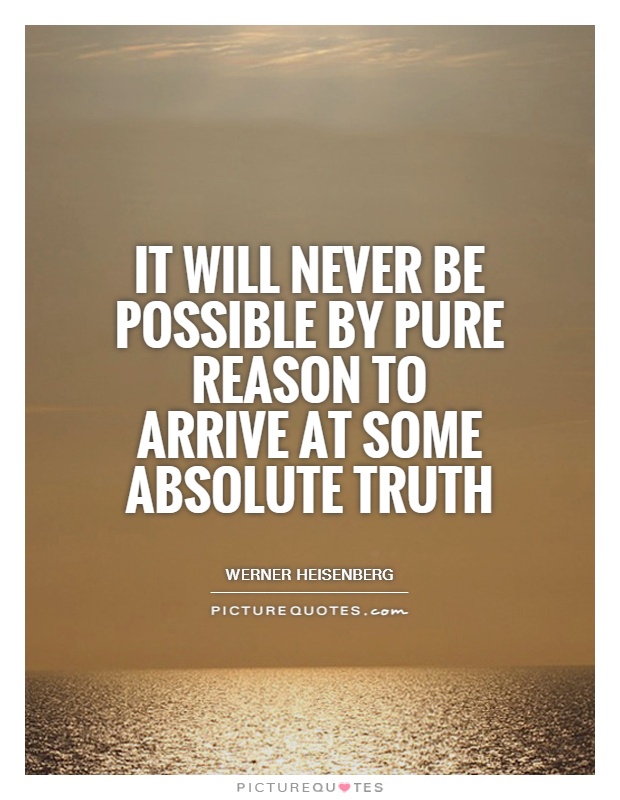
It will never be possible by pure reason to arrive at some absolute truth
Werner Heisenberg, a renowned physicist and one of the founding fathers of quantum mechanics, is perhaps best known for his uncertainty principle, which states that it is impossible to simultaneously know both the exact position and momentum of a particle. This principle fundamentally challenges the idea of absolute truth in the realm of physics, as it suggests that there are inherent limitations to what can be known and measured with certainty.Heisenberg's work on the uncertainty principle has broader implications for the nature of truth and knowledge beyond the realm of physics. In his philosophical writings, Heisenberg grappled with the limitations of human reason and the inherent uncertainty that exists in our understanding of the world. He argued that pure reason alone is not sufficient to arrive at absolute truth, as there will always be gaps in our knowledge and understanding that cannot be filled through rational inquiry alone.
One of the key insights of Heisenberg's philosophy is the recognition of the role of uncertainty and ambiguity in the pursuit of truth. He believed that the very act of observation and measurement inherently introduces uncertainty into our understanding of the world, as our observations are always mediated by the limitations of our senses and instruments. This recognition of the inherent limitations of human knowledge and perception challenges the idea of absolute truth as something that can be definitively known and understood.
Heisenberg's philosophy of uncertainty has profound implications for how we approach questions of truth and knowledge in all areas of inquiry. It suggests that we must be humble in our claims to absolute truth, recognizing that our understanding of the world is always provisional and subject to revision. By embracing uncertainty and ambiguity, we can cultivate a more nuanced and open-minded approach to truth, one that acknowledges the limitations of human reason and the complexity of the world we seek to understand.
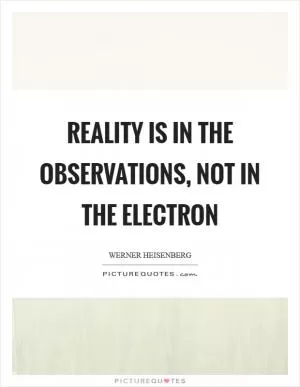

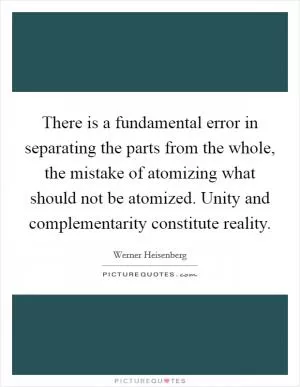

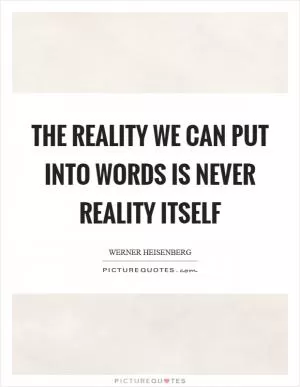

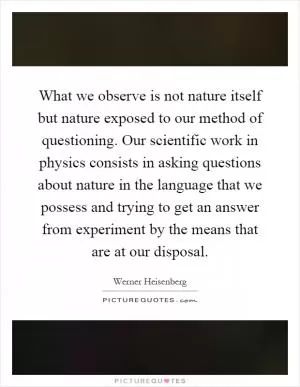
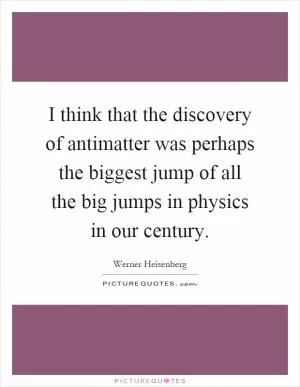




 Friendship Quotes
Friendship Quotes Love Quotes
Love Quotes Life Quotes
Life Quotes Funny Quotes
Funny Quotes Motivational Quotes
Motivational Quotes Inspirational Quotes
Inspirational Quotes